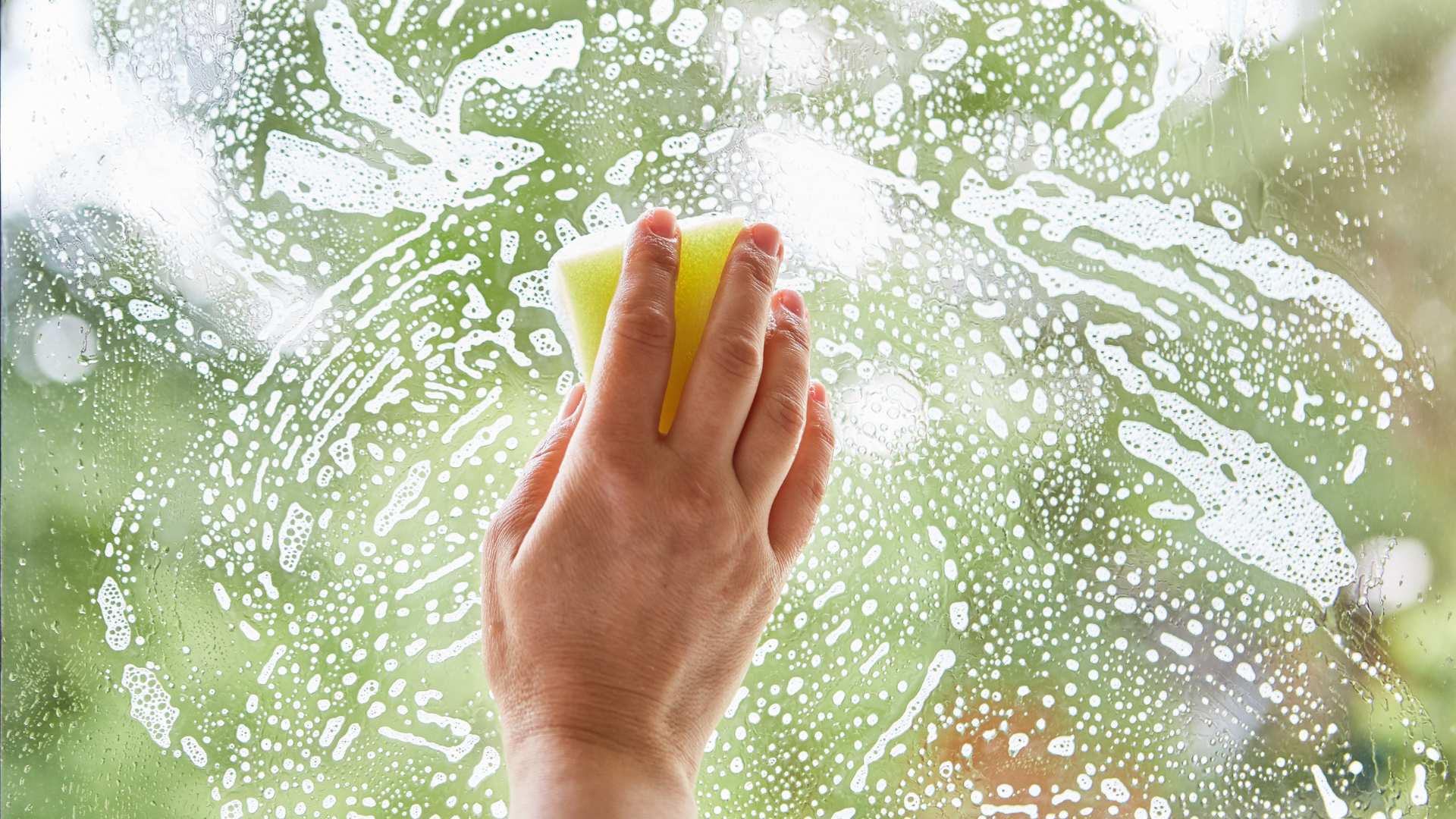An Overview of Breastfeeding for New Parents

Choosing whether to breastfeed your baby is a highly personal decision. Among other factors, new parents must consider how breastfeeding will affect their own mental and physical health, overall lifestyle, and relationship with their baby.
Thrive’s Perinatal Program Clinical Lead and Therapist, Amanda Boe, MFT-Intern, advises breastfeeding parents to expect “both beautiful and difficult moments.” She says, “There are so many different pieces to breastfeeding that range from painful – both physically and emotionally – to really beautiful and convenient.”

BENEFITS OF BREASTFEEDING
If you’re considering breastfeeding your baby, there are many benefits to the approach. We’ve laid out a few for you below.
Breast milk helps your baby develop a strong immune system.
Colostrum is the initial milk produced by birthing parents. A superfood for your newborn, the thick yellow milk is concentrated with nutrients and antibodies. As your milk changes to meet the needs of your baby’s development, it continues to contain antibodies that help prevent infection. The proteins, fats, sugars, and white blood cells in mature breast milk also work together to help your baby develop a healthy immune system and balanced inflammatory response.
Breastfeeding allows babies to gain weight healthily.
Babies who breastfeed can easily self-regulate their milk intake. As a result, they become highly aware of their hunger and fullness cues, which can foster intuitive eating as they mature. Breast milk also promotes healthy gut bacteria and leptin which can affect fat storage.
Breastfeeding releases feel-good hormones for new parents.
Breastfeeding parents experience prolactin and oxytocin hormones that help them relax and bond with their baby. These feel-good hormones can reduce the risk of developing perinatal mental health struggles .

FOUR TIPS FOR FIRST-TIME BREASTFEEDERS
Though breastfeeding is natural, there may be a learning curve for both new parents and their babies. Below are some tips to help you along your breastfeeding journey.
1 — Expect to experience different stages of breastfeeding.
Your breast milk will consist of colostrum exclusively for the first two to five days following birth. As your baby’s stomach develops, your body will begin producing transitional milk, which is thinner and contains less colostrum. At around day ten, your body will begin producing mature milk, which looks similar to watery skim milk and is packed with nourishing elements. Your baby’s feeding will also adapt to each stage as their stomach expands.
2 — Practice patience, perseverance, and exploring different positions.
Breastfeeding can be challenging and lead to self-doubt for some new parents. Getting your baby to latch on might not be seamless at first. Be patient with yourself and keep trying. Experiment with different breastfeeding positions to find what is most comfortable for you and your baby. Some options include:
- Cradle hold: Cradle your baby’s head in the nook of your elbow on the same side you’ll nurse from. Place a pillow on your lap for extra support.
- Crossover hold (also known as cross-cradle hold): Hold your baby in the crook of the arm opposite your nursing breast while supporting their head with your hand. (Right hand and arm for left breast or vice versa.) Support your nursing breast from the underside with your other hand.
- Laid-back breastfeeding: Recline and allow gravity to take over while you cuddle your baby.
- Football hold (also known as clutch hold): Hold your baby like a football with their feet tucked under the arm on the same side of your nursing breast. Support their back with your forearm and their head with your palm.
- Side-lying position: Lie on your side with your baby facing you. Use a pillow to support your own head and allow another pillow to support your baby’s back.
3 — Take care of yourself.
At Thrive, we like to say that new parents have to put their oxygen masks on first. In other words, new parents must take care of themselves so they can be physically and mentally healthy enough to care for their babies. Breastfeeding parents should stay hydrated, take postnatal vitamins, and eat a nutrient-rich diet, so they can nourish their babies.
4 — Consider taking advantage of breastfeeding resources.
Consider reaching out to a lactation consultant or new parent support group for breastfeeding support. Speaking of her own breastfeeding journey, Boe says, “I waited five months to see a lactation consultant and it completely shifted my breastfeeding journey. I wish I would have sought help sooner.”

BREASTFEEDING AND MENTAL HEALTH
Boe says, “The experience of breastfeeding is different for everyone. Honor your own choices and experiences.”
Thrive supports all new parents on their feeding journeys — whatever they may entail. We understand that breastfeeding is not for everyone, and there are resources for those who need to explore alternatives. Feel free to reach out to us for guidance as you navigate new parenthood and your options for nourishing your baby. Our perinatal specialists can help you joyfully and confidently embrace new parenthood.
The post An Overview of Breastfeeding for New Parents first appeared on Thrive Wellness.

Start your healing journey today
NEXT STEPS
Are you ready to find hope? We can't wait to connect you with the care you need. To get started with us, please reach out using the link below.

Obsessive Compulsive Disorder

Perinatal
Mental Health
Obsessive Compulsive Disorder
Perinatal
Mental Health
SITE MENU
THRIVE LOCATIONS
Reno, NV 89501
OCD & Anxiety Disorders
Luella Garvey House
Perinatal Mental Health
"It Takes A Village"
Virtual Program
All Rights Reserved | Thrive Wellness | PRIVACY POLICY





